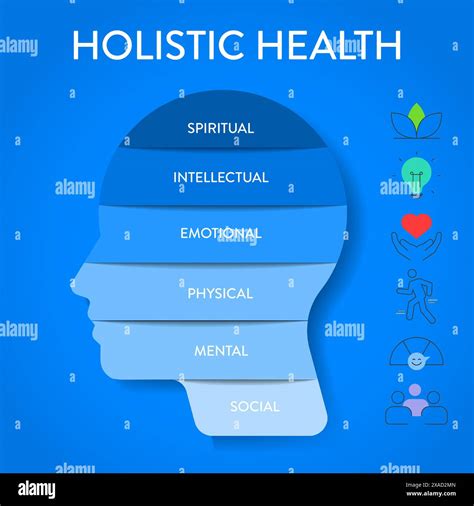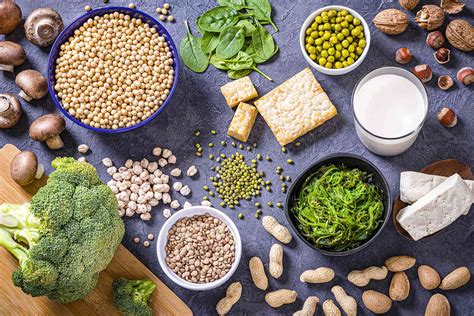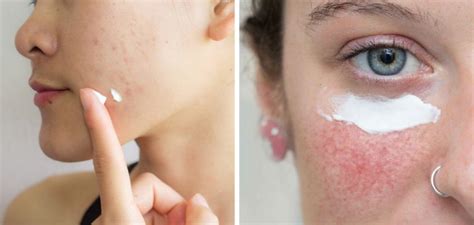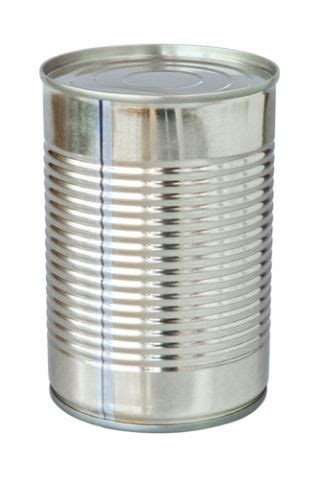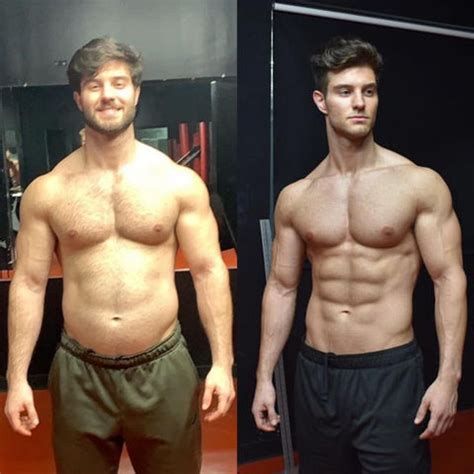How to naturally boost men’s testosterone for peak energy & strength?
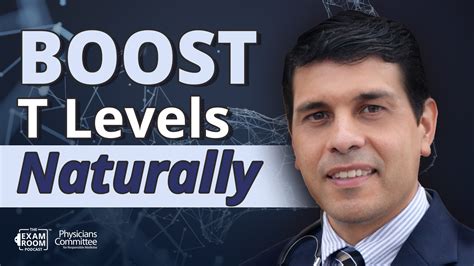
Understanding Testosterone’s Vital Role
Testosterone is the cornerstone of male health, influencing everything from muscle mass and bone density to libido, mood, and energy levels. While testosterone levels naturally decline with age, modern lifestyles can accelerate this process, leading to symptoms like fatigue, decreased strength, reduced sex drive, and difficulty concentrating. The good news is that many natural approaches can help optimize your body’s testosterone production, empowering you to reclaim peak energy and strength.
The Power of Nutrition: Fueling Your Hormones
Your diet plays a crucial role in hormone synthesis. What you eat directly impacts your body’s ability to produce testosterone. Focusing on nutrient-dense, whole foods is paramount.
Key Nutrients for Testosterone Production:
- Zinc: Essential for testosterone production. Found in red meat, shellfish (especially oysters), legumes, seeds, and nuts.
- Vitamin D: More a hormone than a vitamin, Vitamin D is strongly linked to testosterone levels. Get it from sun exposure, fatty fish, and fortified foods.
- Healthy Fats: Crucial for hormone synthesis. Include sources like avocados, nuts, seeds, olive oil, and fatty fish (salmon, mackerel).
- Magnesium: Can increase free and total testosterone levels. Found in dark leafy greens, nuts, seeds, and whole grains.
- Antioxidants: Berries, colorful vegetables, and green tea help protect cells, including those involved in hormone production, from oxidative stress.
Avoid excessive sugar, processed foods, and unhealthy trans fats, which can disrupt hormone balance and contribute to inflammation.
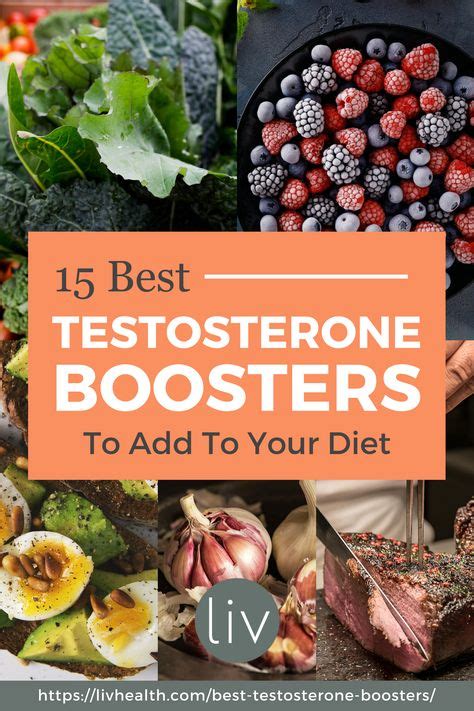
Exercise Smart, Not Just Hard: The Right Movement for T
While exercise is vital, not all forms are equally effective for boosting testosterone. The key is to incorporate specific types of training while avoiding overdoing it.
Strength Training & High-Intensity Interval Training (HIIT):
- Lift Heavy: Compound exercises like squats, deadlifts, bench presses, and rows engage large muscle groups and have been shown to stimulate a significant testosterone response. Aim for 3-4 sessions per week.
- Short, Intense Bursts: HIIT, characterized by short periods of intense anaerobic exercise followed by brief recovery periods, can also be very effective for hormone optimization.
Avoid Overtraining:
Chronic excessive endurance training (e.g., long-distance running) without adequate recovery can actually decrease testosterone levels and increase cortisol (stress hormone). Balance your workouts with sufficient rest.

The Restorative Power of Sleep: A Hormone Factory
Lack of quality sleep is a silent killer for testosterone. Most of your daily testosterone production occurs during sleep, particularly during deep REM cycles. Chronic sleep deprivation can significantly lower your T levels.
Tips for Better Sleep:
- Aim for 7-9 hours of quality sleep per night.
- Establish a consistent sleep schedule, even on weekends.
- Create a dark, cool, and quiet sleep environment.
- Avoid screens (phones, tablets, computers) for at least an hour before bed.
- Limit caffeine and alcohol, especially in the evening.
Master Stress, Boost Testosterone
Chronic stress elevates cortisol levels, and there’s an inverse relationship between cortisol and testosterone. When cortisol is high, testosterone tends to be low.
Effective Stress Reduction Techniques:
- Mindfulness and Meditation: Regular practice can significantly lower stress hormones.
- Deep Breathing Exercises: Simple techniques can quickly calm the nervous system.
- Hobbies and Relaxation: Engage in activities you enjoy to unwind and de-stress.
- Nature Exposure: Spending time outdoors has been shown to reduce stress.

Lifestyle Adjustments for Optimal Hormones
- Moderate Alcohol Intake: Excessive alcohol consumption can disrupt hormone production.
- Avoid Endocrine Disruptors: Be mindful of plastics (BPA, phthalates), pesticides, and certain personal care products that contain chemicals mimicking hormones. Choose glass or stainless steel for food storage.
- Maintain a Healthy Weight: Excess body fat, especially around the abdomen, can lead to higher estrogen levels and lower testosterone.
Considering Natural Supplements (With Caution)
While diet and lifestyle are primary, some natural supplements may offer support. Always consult a healthcare professional before starting any new supplement regimen.
- Ashwagandha: An adaptogenic herb that can help reduce stress and may improve testosterone levels.
- Fenugreek: Some studies suggest it can help increase free and total testosterone.
- DHEA: A hormone precursor that the body can convert into testosterone, but should only be taken under medical supervision.
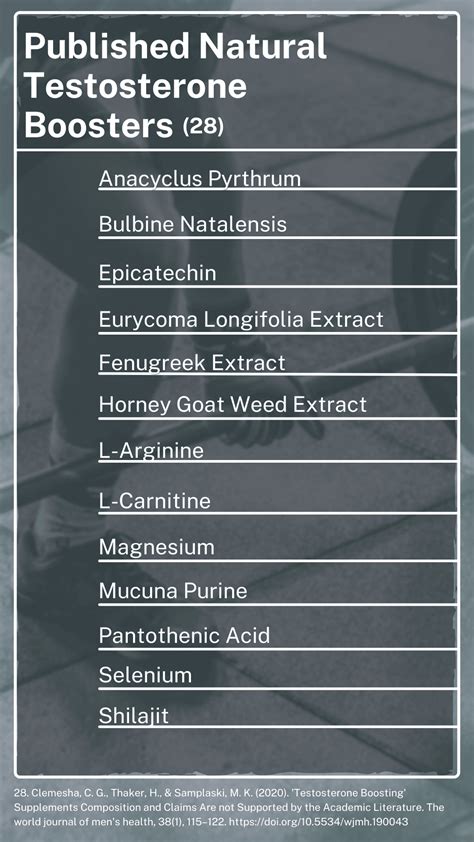
Conclusion: A Holistic Approach for Lasting Results
Naturally boosting testosterone for peak energy and strength is not about a quick fix; it’s about adopting a holistic approach to health. By consistently implementing strategies for optimal nutrition, smart exercise, restorative sleep, and effective stress management, you can create an environment where your body thrives and naturally optimizes its hormone production. Always remember to listen to your body and consider consulting a healthcare professional to tailor these strategies to your individual needs and to rule out any underlying medical conditions.
